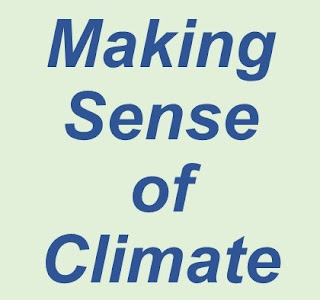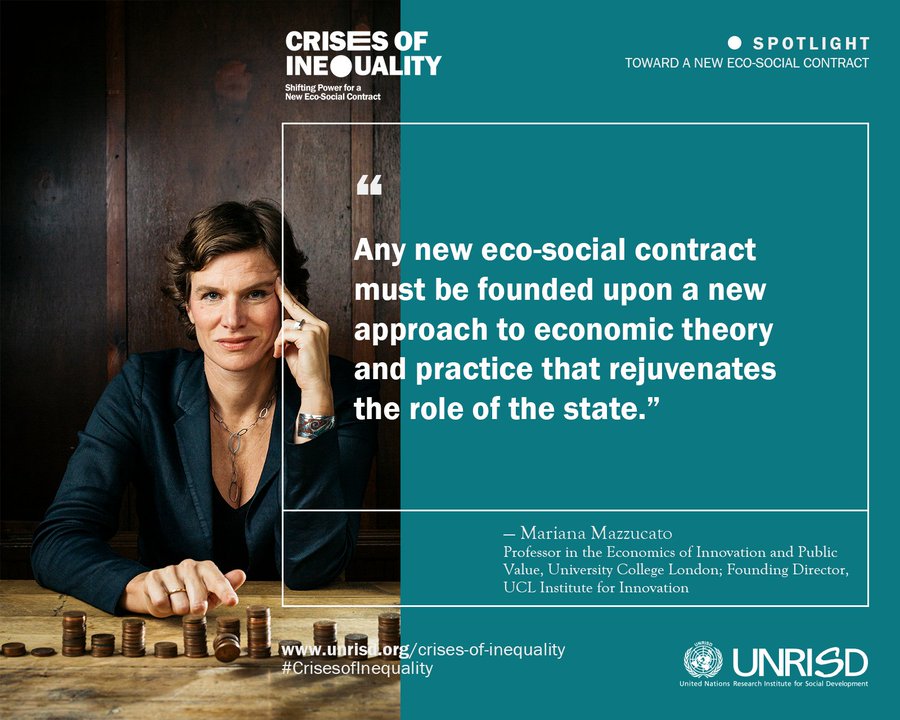FM #1643-44 = This is the Franklin Matters radio show, number 1643-44 in the series.
This session shares the Finance Committee meeting conducted Wednesday, January 14, 2026. 8 members of the Committee participated, 1 absent.
 |
| 4 hour Finance Meeting recording in 2 parts for convenience |
The recording is in 2 parts:
P1 for the economics of development
P2 for the capital budget
Quick recap ->
Board of Assessors and Town Staff: The Economics of Development, residential valuations are based upon residential property sales and comparables. Commercial Industrial valuations are more complicated in that there is a revenue factor for how much money the operations is actually making (confidentially reported to the Assessors) along with several other factors. The repeated phrase was "it's complicated"
We did hear that there is NO issue with water supply or sewer capacity. Police and Fire are understaffed (but managing as best they can for the volume), Schools built extra capacity as part of the redistricting effort. The per pupil amount talked of is not what each net new student would cost. There are existing capacities to handle some number of students without adding a teacher
Part of the agenda included an update on the abatement process which was not covered and seems to be deferred to a future meeting (TBD)
The capital budget first pass was approved after a lengthy discussion. Town policy calls for funding multiple stabilization accounts, this year only the OPEB account was proposed for funding due to the budget shortfall and that it had not been funded last year.
The OPEB fund resolution passed 8-0-1 (1 absent)
The first pass at the tier 1 capital requests accounted for $1.8M and was proposed to amend to remove the sprinkler system work required at the Senior Center. The amendment was meant to reserve the additional $750K for the potential budget deficit. The motion to amend after a lengthy discussion failed by a 1-7-1 (1 for, 1 absent, 7 against removal for the item). The vote on the original resolution passed 7-1-1 (7 for, 1 against, 1 absent)
The recording for Part 1 - Economics of development runs just over 2 hours
The recording for Part 2 - the capital budget runs just under 2 hours
--------------
Franklin TV video for replay -> https://www.youtube.com/watch?v=BaC9XFahY1M
The agenda and released documents for this meeting -> https://ma-franklin.civicplus.com/AgendaCenter/ViewFile/Agenda/_01142026-2089
My notes collected in one PDF -> https://drive.google.com/file/d/1qRDOyvDbYn1A5DqogXU-4DpgjpwYvRNH/view?usp=drive_link
-------------
We are now producing this in collaboration with Franklin.TV and Franklin Public Radio (wfpr.fm) or 102.9 on the Franklin area radio dial.
This podcast is my public service effort for Franklin but we can't do it alone. We can always use your help.
How can you help?
If you can use the information that you find here, please tell your friends and neighbors
If you don't like something here, please let me know
And if you have interest in reporting on meetings or events, please reach. We’ll share and show you what and how we do what we do
Through this feedback loop we can continue to make improvements. I thank you for listening.
For additional information, please visit Franklinmatters.org/ or www.franklin.news
If you have questions or comments you can reach me directly at shersteve @ gmail dot com
The music for the intro and exit was provided by Michael Clark and the group "East of Shirley". The piece is titled "Ernesto, manana" c. Michael Clark & Tintype Tunes, 2008 and used with their permission.
I hope you enjoy!
------------------
You can also subscribe and listen to Franklin Matters audio on iTunes or your favorite podcast app; search in "podcasts" for "Franklin Matters"












